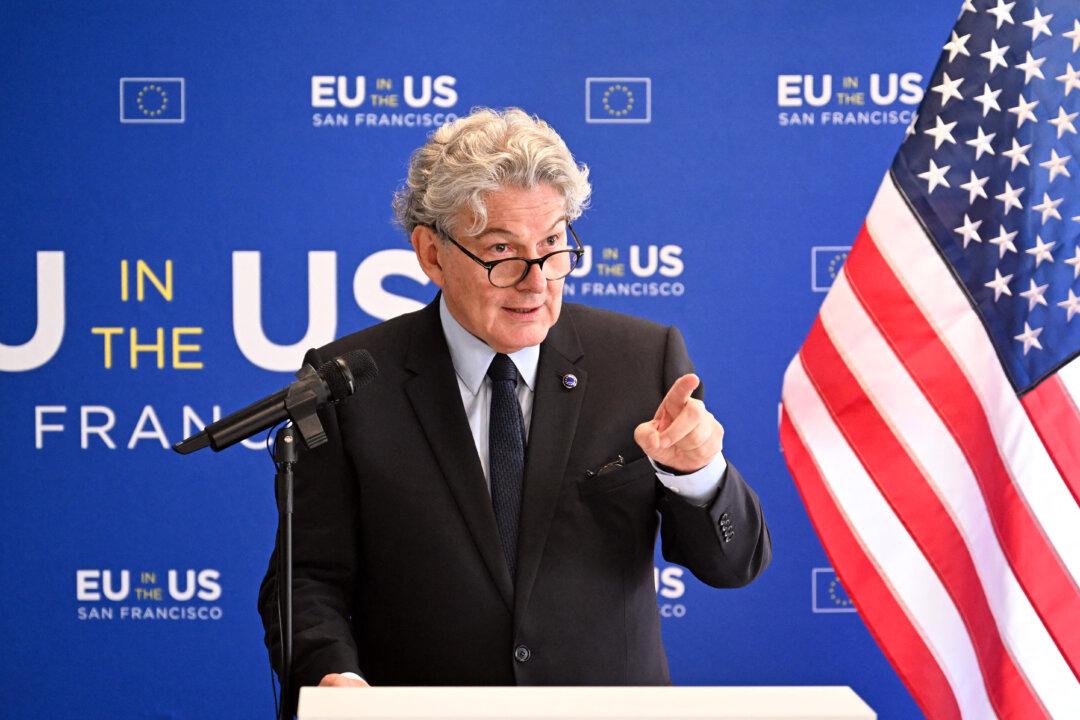As corporations increasingly take up progressive political causes such as racial equity and climate change, some watch with despair or disdain. Conservative entrepreneurs see a business opportunity.
“There’s a huge market for them,” Mark Meckler, president of Convention of States Action, told The Epoch Times. As a former CEO of Parler, he knows how brutal it can be to go up against dominant, established competitors. Success isn’t guaranteed.





